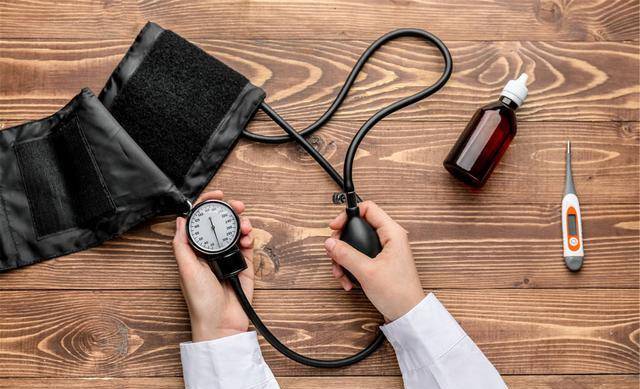After the occurrence of chronic diseases such as hypertension, blood pressure should be maintained stable through correct medication. Otherwise, if hypertension is not controlled, besides vascular damage, certain complications may also arise. If you notice fluctuations in your blood pressure, continuous increase, you should seek medical attention at the hospital, and use medication reasonably under the guidance of a doctor.
Amlodipine is a common medication that can be used to prevent and treat angina pectoris related to coronary heart disease, and also has an improving effect on various types of hypertension. However, when using amlodipine, it is important to understand the side effects of the medication, and it should be used only when the body adapts to it. What are the side effects of amlodipine?
1. Peripheral Edema
Long-term application of amlodipine to treat high blood pressure manifestations may lead to significant adverse reactions, such as the occurrence of peripheral edema, which is likely to be caused by the medication. Some patients using the medication for a long time may experience mild to moderate peripheral edema, which is related to arterial dilation after the medication takes effect, with edema mostly appearing at the distal ends of the lower limbs. If this condition occurs, it should be improved with the help of diuretics to prevent noticeable peripheral edema.
2. Decline in Liver and Kidney Function
Long-term use of amlodipine to treat hypertension may result in a decline in liver and kidney function. Because after taking the medication, the side effects may increase the burden on the liver and kidneys, it is advisable to start with a small dose when using these medications to determine if there are any adverse reactions. If there is pre-existing impaired liver or kidney function, it is best not to use this medication for treatment, as the manifestation of impaired liver and kidney function will worsen and be detrimental to the health of the liver and kidneys.
3. Hypotensive Reaction
Frequent use of amlodipine, a blood pressure lowering medication, to improve hypertension may have side effects, particularly the occurrence of hypotensive reactions, which may be due to the effects of the medication. Many individuals may experience hypotensive reactions during the use of this medication due to its significant blood pressure lowering effect, leading to symptoms such as palpitations, chest tightness, shortness of breath, and occasionally angina, all of which are related to hypotensive reactions.
Can it be used for a long time?
Indeed, adverse symptoms may occur when using the blood pressure lowering medication amlodipine to improve hypertension. To determine if long-term use is appropriate, it should be based on the actual health condition of the patient, the type of disease, and its progression. If unsure about medication usage, seeking medical advice is recommended.
If the condition remains stable after medication, and the body does not show excessive adverse reactions, it can be used for an extended period to control the development of the disease. If there are noticeable side effects after medication use and the body consistently shows significant adverse symptoms, it is advisable not to use the medication for a long time but to switch to other medications for treatment, and the specific medication regimen should be determined based on the actual situation.


